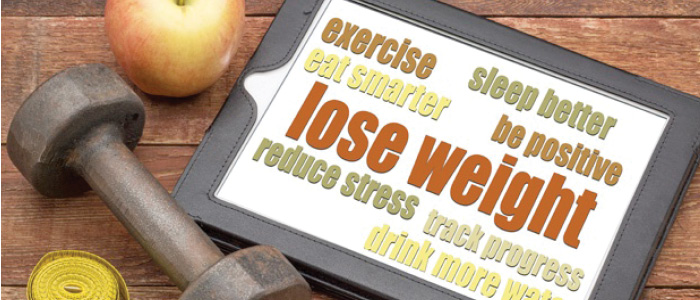From Tansy Rodgers, FNTP (Functional Nutritional Therapy Practitioner), Health and Lifestyle Coach, Personal Trainer, Fitness Instructor, and Physical Therapist Assistant
We all have moments where we make big plans to shake up our lifestyle and work toward improving our health. Lose those extra pounds. Quit smoking. Get to the gym and start exercising. Yet, it can feel daunting and overwhelming when looking at the big picture.
Even though it is important to strive to achieve bigger health goals to improve your overall wellness, there are small steps you can take that will greatly impact the quality of your life. You don’t always have to take a huge leap to reap health benefits. And, as we get older, it is just as important to take many small healthy steps as it is to take the big ones – better balancing out our mental, emotional, physical health, etc.
The best part about taking small steps in your health journey is that it’s easier to stick to them. Even if you only have a few minutes in your day, you can take that time to improve your well-being.
Here are 5 small healthy steps you can take today to start balancing out the many arenas of your health.

- Get to bed earlier. Not getting enough sleep can cause mood swings, weight gain, food cravings, inflammation, and overall body aches. Over time, a shortage of sleep can raise your risk of heart attack or stroke – regardless of your age, weight, or exercise habits. Aim for 7-9 hours of sleep a night and try going to bed even 15 minutes earlier, more if you are sleep-deprived.
- Check your posture and ergonomics. Poor posture and ergonomics can cause a slew of health concerns, such as low back, neck, and shoulder pain. A slouched posture also decreases your energy and causes disturbances in your digestion. Next time you are at your desk or on your phone, take a moment to straighten your back, tuck in your stomach, and put your feet flat on the floor. You should notice a relaxed feeling right away and it helps to avoid back pain. And if you work at a computer, look at the ergonomics of your workstation — how you fit and move in your environment — to help prevent back and neck strain, carpal tunnel syndrome, eye strain, and other occupational injuries.
- Make a few small dietary changes. Try swapping out white rice for brown rice. Replace one sugary drink (soda, juice, etc.) for a tall glass of water with some fresh fruit slices. Eat almonds or cashews or carrots dipped in hummus rather than reaching for candy or chips. It’s no secret that vegetables, especially dark leafy greens, are good for you, but there are added benefits…they are rich in fiber and contain a lot of water, so you will feel full and more satisfied. Cooking dinner for your family? Make cauliflower mashed potatoes instead of regular potatoes, add peas and extra frozen vegetables to soups, and add slices of red or yellow peppers to your sandwiches.

- Do a crossword puzzle. Mentally challenging activities may have a protective effect on your brain. According to research studies, regularly engaging your mind may help lower your risk for the dementia associated with Alzheimer’s disease. Try reading, doing crossword puzzles, playing chess, doing Sodoku. You can also change your routine and make your brain become more engaged. Try walking a new route, eating with your nondominant hand, and staying socially connected with others.
- Get moving daily. Moving the body is super important, but you don’t have to have a strict gym routine in place to reap the benefits. The next time you have a choice between the stairs and the elevator, pick the stairs. Not only does this keep your body strong so you can keep doing stairs, but it also gets your blood pumping and it exercises your lungs. It conditions your heart and your muscles. But, don’t stop there! Regularly stretching and doing activities to calm your nervous system is important to lower your stress and to avoid injuries – it also helps you stay limber and moving freely as you age. Take a few minutes to stretch out before and after you exercise, stretch right before bed to relieve tension and help you sleep, do tai chi or yoga to increase balance and decrease stress. On the go? Look for natural opportunities in your daily routine to stretch, such as finding a bench to sit and stretch on or reaching for items on a high shelf at the store.
Small steps can lead to a healthy life. When you are younger, they can build the foundation for a lifetime of good health and when you are older, they can help you control diseases you have or lower your risk of getting others in the future!
Interested in learning more about wellness from Tansy? Visit her website at www.tansyrodgers.com.

